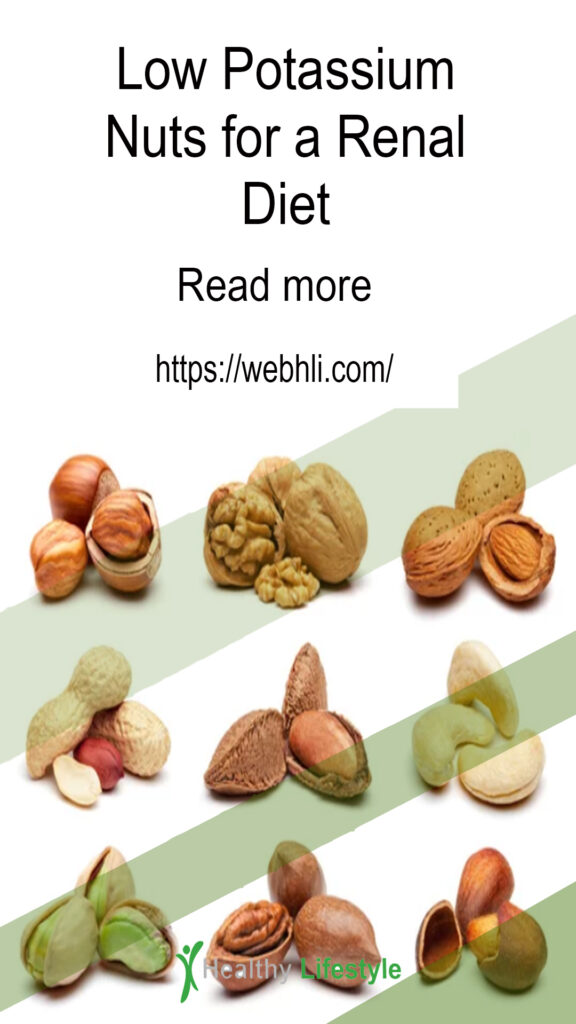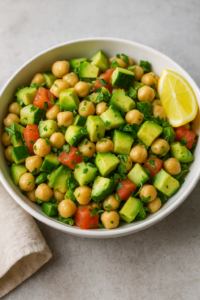
Maintaining a renal diet is crucial for individuals with kidney disease or compromised kidney function. One of the key aspects of this diet is managing potassium intake, as high levels can be harmful when the kidneys are unable to regulate potassium effectively. While nuts are a nutritious snack, they can vary significantly in their potassium content. Here are some low potassium nuts that can be safely included in a renal diet, along with their health benefits and serving suggestions.
1. Macadamia Nuts
Potassium Content:
- Approximately 104 mg of potassium per ounce (28 grams).
Health Benefits:
- Heart Health: Rich in monounsaturated fats, which help lower bad cholesterol levels.
- Antioxidants: Contain flavonoids and tocopherols that protect cells from oxidative stress.
- Anti-inflammatory Properties: Omega-7 fatty acids help reduce inflammation.
Serving Suggestions:
- Enjoy a small handful as a snack.
- Add chopped macadamia nuts to salads for a crunchy texture.
- Incorporate into baked goods like muffins and cookies.
2. Pecans
Potassium Content:
- Approximately 116 mg of potassium per ounce (28 grams).
Health Benefits:
- Heart Health: High in healthy fats and fiber, which support cardiovascular health.
- Antioxidants: Contain ellagic acid, vitamin E, and flavonoids that combat oxidative stress.
- Weight Management: Fiber and healthy fats promote satiety.
Serving Suggestions:
- Use pecans as a topping for oatmeal or yogurt.
- Include in homemade granola or trail mix.
- Add to savory dishes like stuffing or as a crust for fish and poultry.
3. Brazil Nuts
Potassium Content:
- Approximately 187 mg of potassium per ounce (28 grams).
Health Benefits:
- Selenium: One of the best sources of selenium, an essential mineral that supports thyroid function and immune health.
- Antioxidants: Help reduce inflammation and oxidative stress.
- Heart Health: Healthy fats support cardiovascular health.
Serving Suggestions:
- Eat a few Brazil nuts as a nutrient-dense snack.
- Chop and sprinkle over salads or vegetable dishes.
- Blend into smoothies for a creamy texture.
4. Pine Nuts
Potassium Content:
- Approximately 169 mg of potassium per ounce (28 grams).
Health Benefits:
- Heart Health: High in monounsaturated fats, which support heart health.
- Protein: Good source of plant-based protein.
- Antioxidants: Contain vitamin E and magnesium, which protect against cellular damage.
Serving Suggestions:
- Add pine nuts to pesto sauce.
- Sprinkle over salads or roasted vegetables.
- Mix into rice or pasta dishes for added texture and flavor.
5. Walnuts
Potassium Content:
- Approximately 125 mg of potassium per ounce (28 grams).
Health Benefits:
- Omega-3 Fatty Acids: High in alpha-linolenic acid (ALA), which supports heart health and reduces inflammation.
- Antioxidants: Contain polyphenols that fight oxidative stress.
- Brain Health: Nutrients in walnuts support cognitive function.
Serving Suggestions:
- Enjoy as a snack on their own.
- Add to baked goods like banana bread or brownies.
- Use in savory dishes like walnut-crusted chicken or sprinkled over roasted vegetables.
Tips for Including Nuts in a Renal Diet
- Portion Control:
- Nuts are calorie-dense, so it's important to consume them in moderation. A typical serving size is about 1 ounce (28 grams), or a small handful.
- Combine with Low Potassium Foods:
- Pair nuts with other low-potassium foods to create balanced snacks and meals. For example, mix nuts with low-potassium fruits like apples or berries.
- Check for Added Ingredients:
- Avoid nuts that have added salt, sugar, or preservatives. Opt for raw or dry-roasted nuts without added flavors or coatings.
- Consult with a Dietitian:
- If you have kidney disease, it's important to work with a dietitian to tailor your diet to your specific needs. They can help you determine appropriate portion sizes and combinations of foods.
Conclusion
Nuts can be a nutritious and satisfying addition to a renal diet when chosen carefully and consumed in moderation. Macadamia nuts, pecans, Brazil nuts, pine nuts, and walnuts are excellent low-potassium options that offer a variety of health benefits. By incorporating these nuts into your diet mindfully, you can enjoy their flavors and nutritional value while managing your potassium intake effectively. Always consult with your healthcare provider or dietitian to ensure that your dietary choices align with your individual health needs and goals.



 Protected by Patchstack
Protected by Patchstack